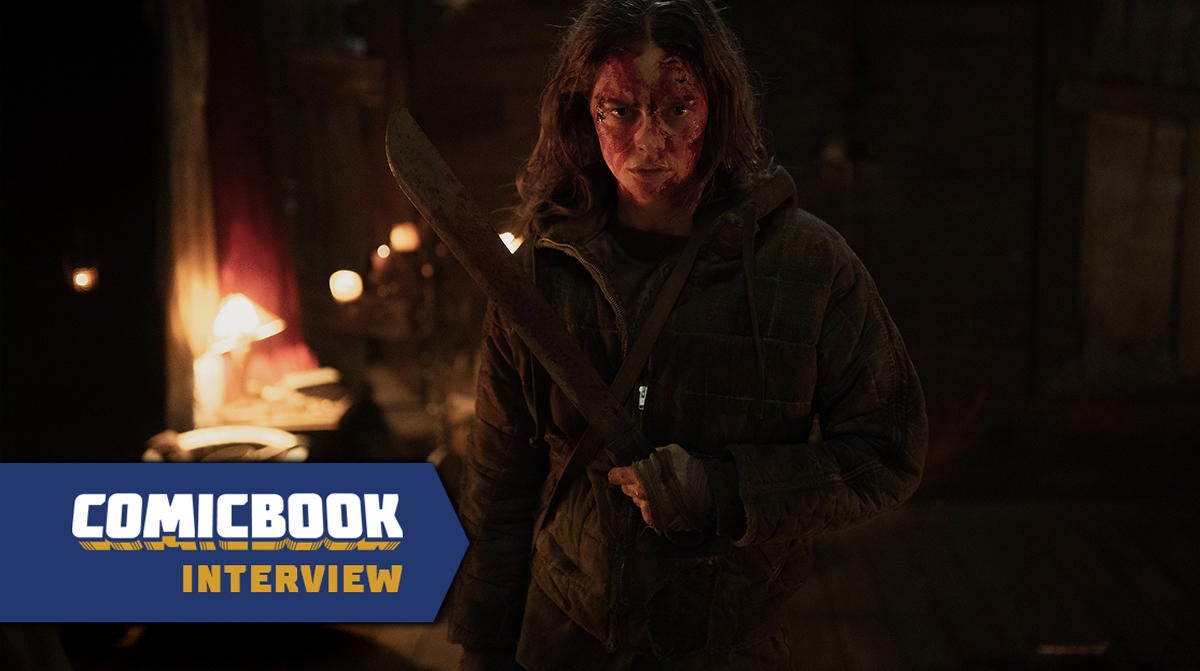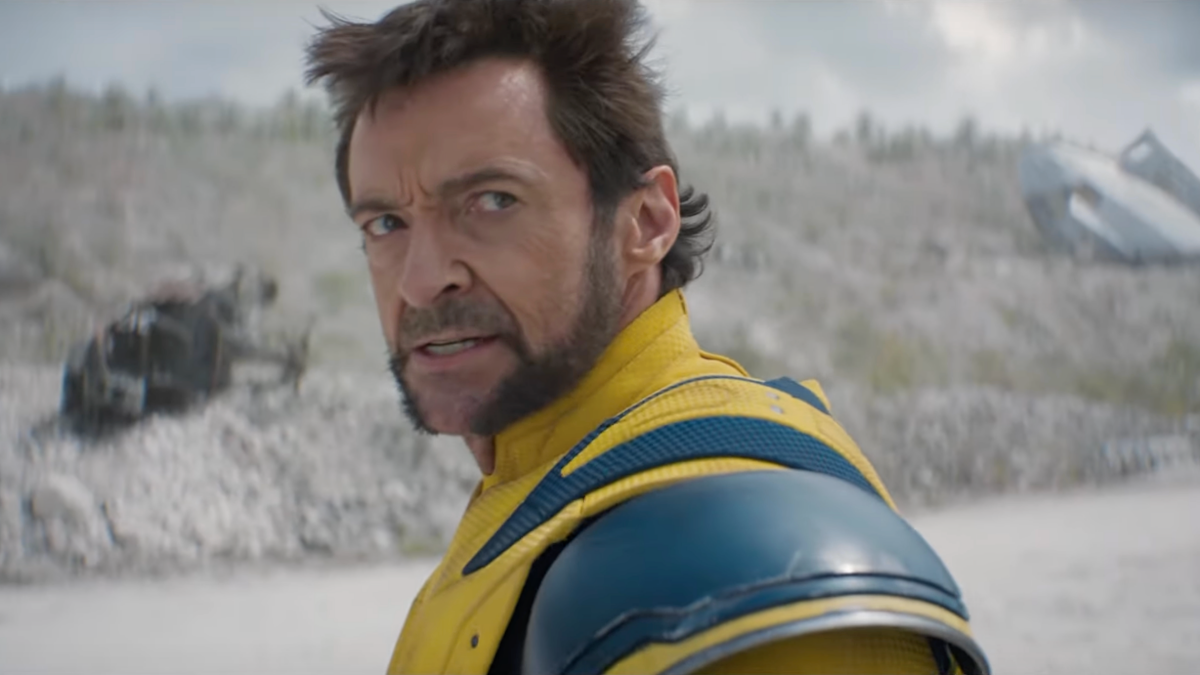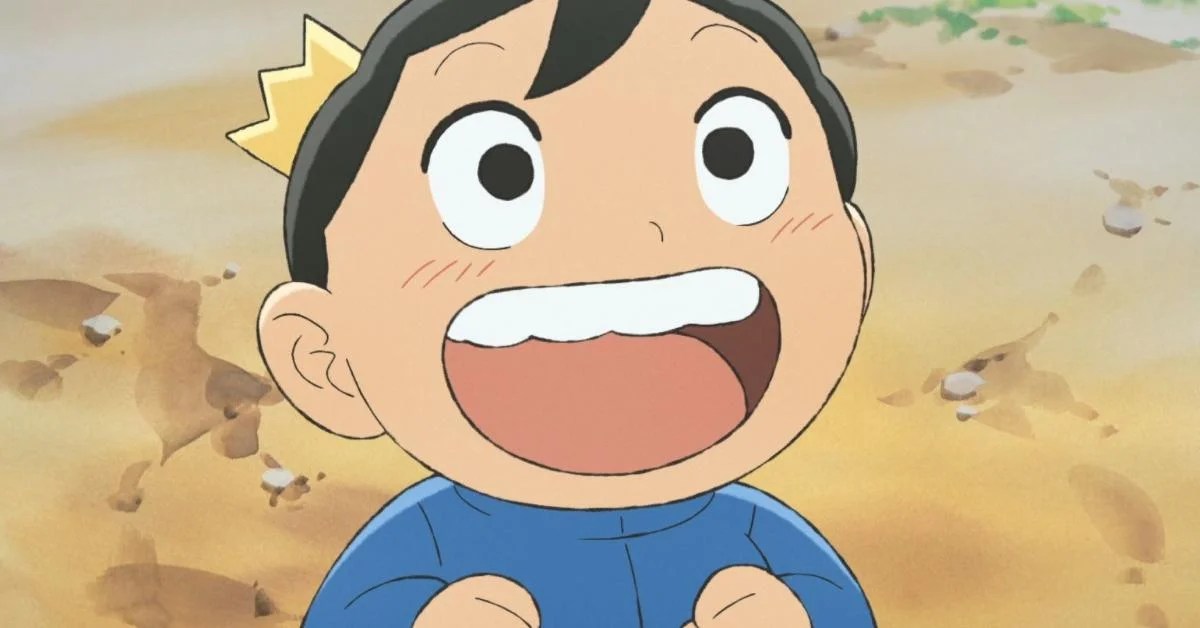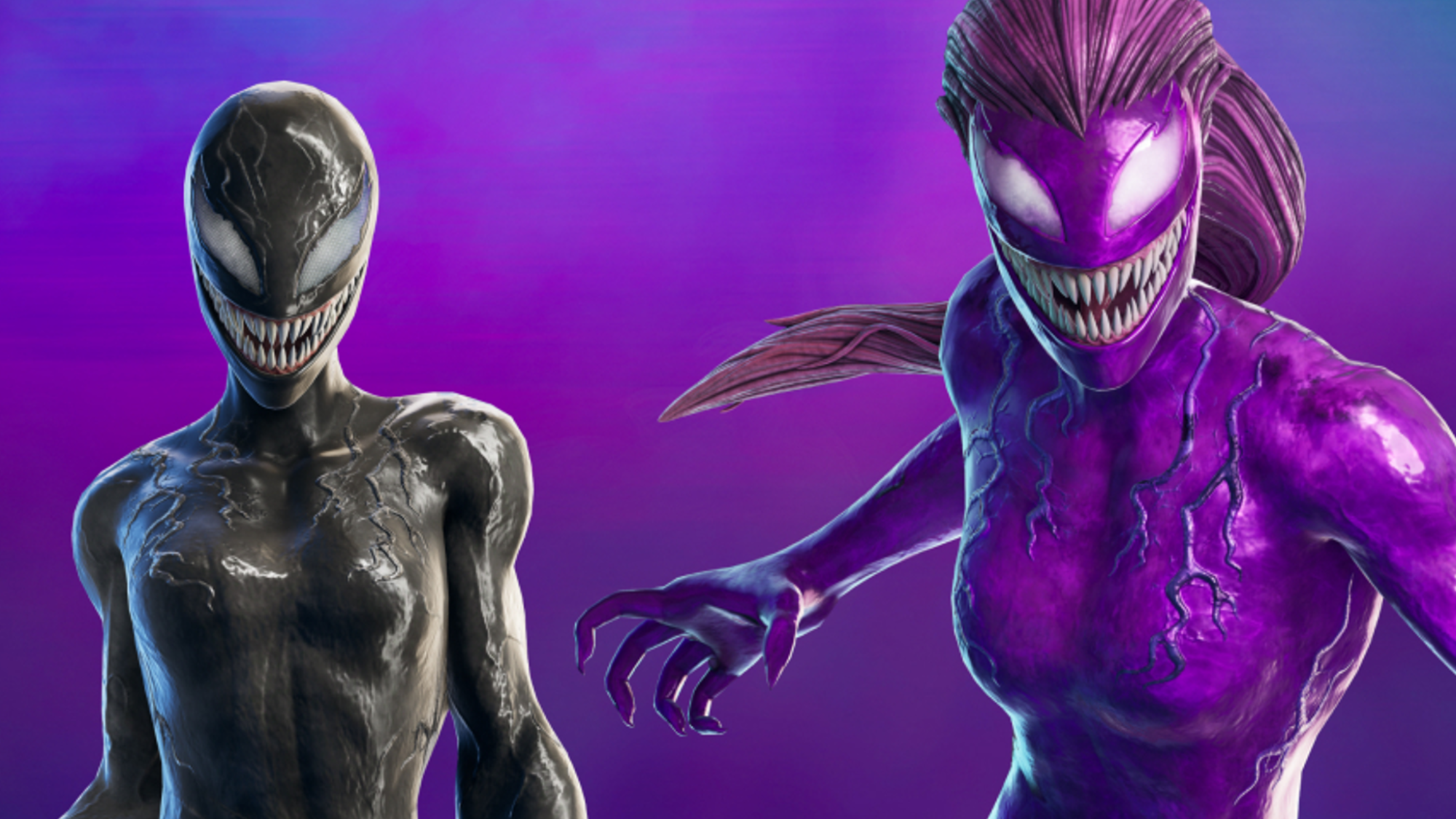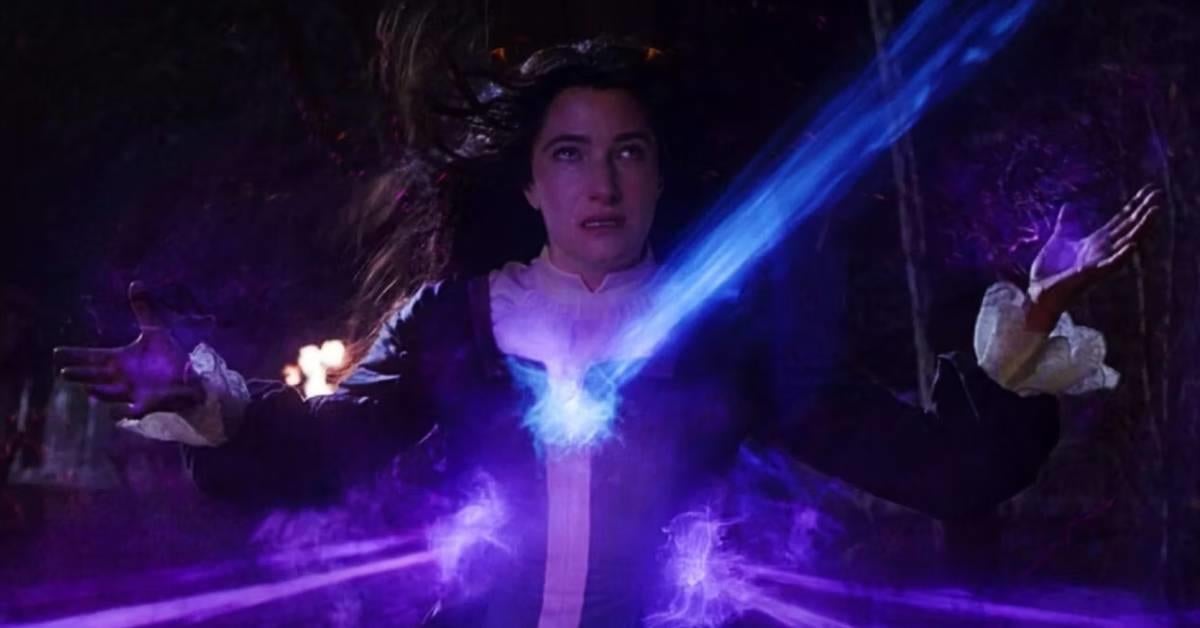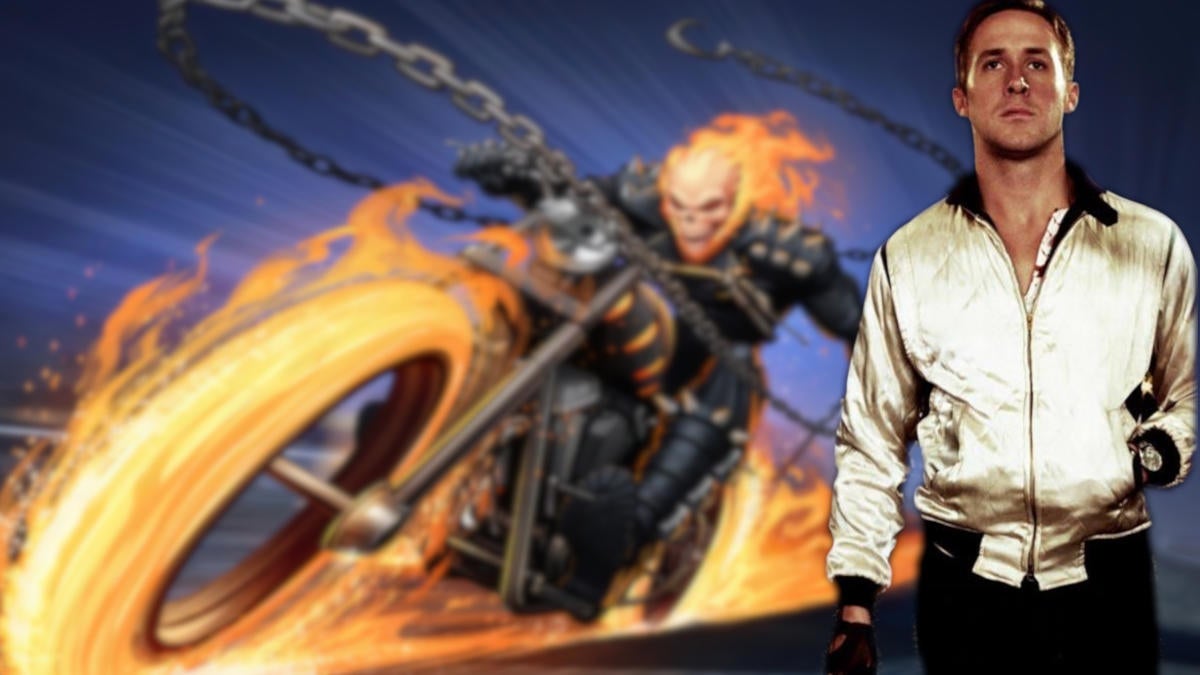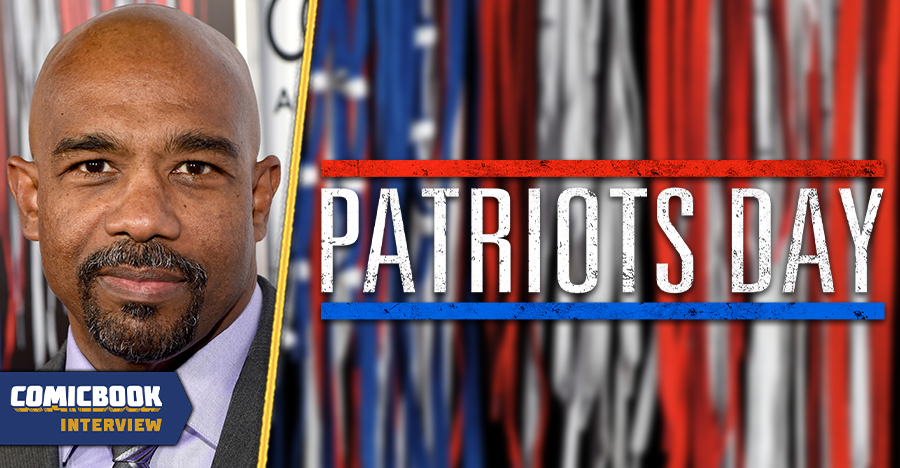From Ash vs. Evil Dead to Mayhem to The Babysitter to Ready or Not, actor Samara Weaving has racked up an impressive number of credits in projects that require her to be covered in blood, while also delivering snappy dialogue. In her new film Azrael, Weaving trades in a vocal performance for a purely physical experience, as the nature of the premise means she and a majority of the other characters never utter a word. Despite the challenge of relying only on physicality to convey complex emotions likely scaring other performers away, it was this experience, along with the grit, grime, and gore she’d be covered in, that made her all the more interested in the movie. Azrael lands in select theaters on September 27th.
The movie is described, “In a world in which no one speaks, a mysterious, devout community hunts down a young woman named Azrael (Samara Weaving) who has escaped their imprisonment. Recaptured by its ruthless leaders, she is to be sacrificed to pacify an evil which resides deep within the surrounding wilderness – but Azrael will stop at nothing to ensure her own freedom and survival. From the seeds of this gritty, relentless parable of sacrifice and salvation, comes an immersive, real-time, action horror tale from the visionary minds of Simon Barrett and E.L. Katz.”
ComicBook caught up with Weaving to talk her interest in the project, challenges while filming, and future projects.

Samara Weaving stars in Azrael
– Gabriela Urm)
ComicBook: You’ve had such a great track record, as I look at all the projects you’ve done. You’ve been part of so many awesome movies that I’m such a big fan of. What is it about a project that is the main motivation for why you want to join it and how does Azrael satisfy those things that you’re most looking for?
Samara Weaving: I think I used to have ideas of what I wanted and now it’s either a good script, a good director, good money, maybe all three. Then that goes out the window because you read something and you’re like, “I’m going to take a risk on this thing.” With this, it was very much the idea — I hadn’t done anything like that before. It just seems like such a challenge, making a movie with no dialogue and just relying on physicality and expressing yourself, which was terrifying.
I was like, “This isn’t going to come along again. Why not?” It just was a real test, a real challenge of, “Okay, you’re going to have four or five weeks in the dark in Estonia, in the cold, on locations, and you’re just going to have to get down. You’re just going to have to get weird and gross and it’s all just in the elements and just real with a crew that’s also down to do that.” There’s no room for being anything other than willing, so that’s why I did that.
I think so many audiences are just going to be curious about what a script for this movie looks like. What was your process of hearing about what this movie would entail and then literally reading what I assume is a constrained or limited script?
It read really well. It was a beautiful script, or it is a beautiful script. Simon is incredible. There was just no dialogue in it, but the story was all there and the plot was all … It read like a movie.
I think what’s interesting is, on the screen, you’re not seeing all of the — well, you’re not hearing, hopefully you are seeing all the thoughts and beats and the big, emotional, backstory stuff, but that’s all in the script, or at least a little bit of it.
As far as that goes, in collaborating with Simon and with Evan, how much of your character’s backstory did you either get to develop on your own or did you get to learn from Simon and Evan or even just disregard because you just wanted to perform this specific chunk of time in this character’s life?
A bit of both. When I first got it, I started writing in my pretentious actor way of what I think the backstory was, because it’s going to be so important, in order to play these emotional beats, if I don’t know what I’m on about. Then I had that idea locked in. Then, as I was talking to Simon and Evan on set, we all had similar but slightly differentiating ideas, which I think is cool.
I think that’s what’s great about it, because the audience can play their own game of what you think’s happened, you know? There’s this ambiguity to it, which is great. It’s interesting how much the movie asks the audience to just come up with their own answers.
You mentioned the challenges that you were aware of heading into this. Looking back on the experience, what do you think was ultimately the biggest challenge and what was something that you thought might be a challenge but you were surprised to find actually came pretty naturally to you?
I think the biggest challenge was, because we were on locations, we couldn’t control anything, we’re in the elements. So figuring out shots and figuring out the stunt stuff, we tried to come as prepared as possible, but sh-t happens on sets and you’re going, “How are we gonna do this?”
That was, I think, the hardest thing to do and to get, because everyone wanted to get it right, obviously. I was just planning on it being truly awful. I was like, “This is gonna be terrible. This is gonna be so bad. This is gonna be so cold. I’m gonna be all alone in a forest, staying at the spookiest hotels on the side of the road.”
But I think because I set my expectations so low, I was like, “We’re just gonna f-cking do it. We’re just gonna get in there, we’re gonna sit in the mud, and we’re just gonna do it. We’re just gonna be insane.” I actually had a great time. I was like, “This is so fun. The forests are beautiful. All the crew’s incredible. These hotels are spooky, but in a funny way,” like, “Oh, hello ghosts.” So that was all really fun.
I think a lot of that, because my assistant came with me, and she was like, “It was so hard.” But I think because I could scream and shout and kick people all day, I was super calm. I was taking all my frustration out on these poor people.
Last time we spoke was a few years ago. It was actually for Ready or Not, and I had asked you about what you thought would happen to your character after the credits rolled. You said, “I think she might go to a mental institution or just get arrested.” Now it seems like there’s actually a Ready or Not 2 happening.
Did I say that? What did I say? What did I tell you?
You said, “Is she gonna get the money? Are the authorities going to find her and not believe her?”
Interesting.
Are you confirmed for the sequel? Are you definitely involved? Have you gotten a script?
I’m all in. I think we’re all in, I don’t know. I think we’re all in. I don’t know if we’ve had our blood handshake, but pretty much. We’ve done the spit handshake, but we haven’t cut each other’s hands and rubbed our blood together.
So we’re at spit handshake, not blood handshake levels just yet.
I think so. Unless we are at blood level, I don’t know. I’ve just gotten home. I need to make some calls.
I know recently they teased that there’s going to be, in the future, a Transformers and G.I. Joe live-action crossover.
Okay.
Is this news to you?
I had no idea. I don’t know what that means.
I’m hoping it means you might need to make some room in your schedule after this.
Okay, great. I’ve got so many calls to make now.
I’m not saying I need a percentage, because I’m not your agent, but the least I can do is to let you know to carve out a good six months or so to bring Scarlett back to fight some giant robots.
Perfect, I’m there. I’m down.
Azrael lands in select theaters on September 27th.
This interview has been edited for length and clarity. You can contact Patrick Cavanaugh directly on Twitter.
